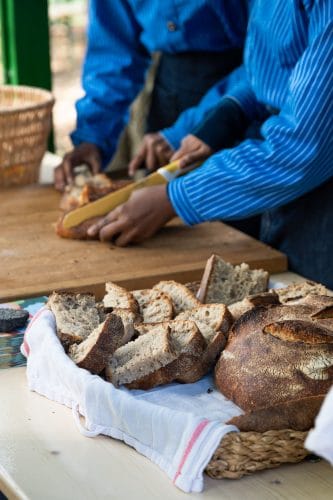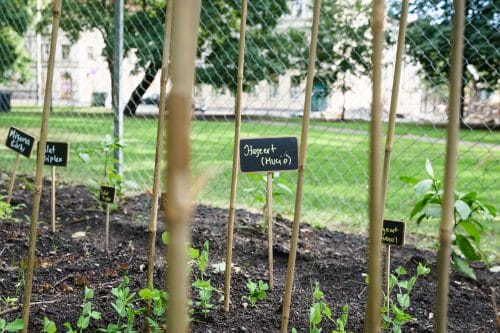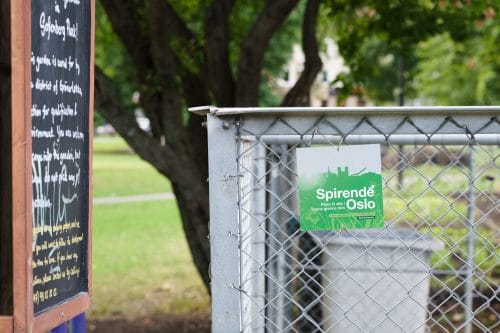Postdoc Academy for Transformational Leadership
We are happy to announce that our project officer Dr. Ina Säumel is part of the Postdoc Academy for Transformational Leadership as leader of the research group “Multifunctional Landscapes” for the year’s focus topic “Land use practices in a globalised world”.
The Postdoc Academy is designed to train the next generation of leaders in sustainability and transformation research and it is an initiative of the Robert Bosch Stiftung and a joint project of the Robert Bosch Stiftung and the four academic centres:
- Humboldt-Universität zu Berlin (IRI THESys),
- Leuphana University of Lüneburg
- Stockholm Resilience Centre (SRC) and
- the Dutch Research Institute for Transitions (DRIFT), Rotterdam.
It provides an intensive high-end training with four seminars in two years that broaden the research competencies of postdocs and promote their qualifications towards transdisciplinary leadership. The program also offers seed funding (e.g. for stakeholder meetings or proposal writing activities) to small groups of participants who plan to initiate research collaborations.
Furthermore, an active network of current and former participants of the program will be established.
Find further information here: https://www.iri-thesys.org/education/postdoctoral_research/postdoc-academy and here: https://www.bosch-stiftung.de/de/projekt/postdoc-academy-transformational-leadership




